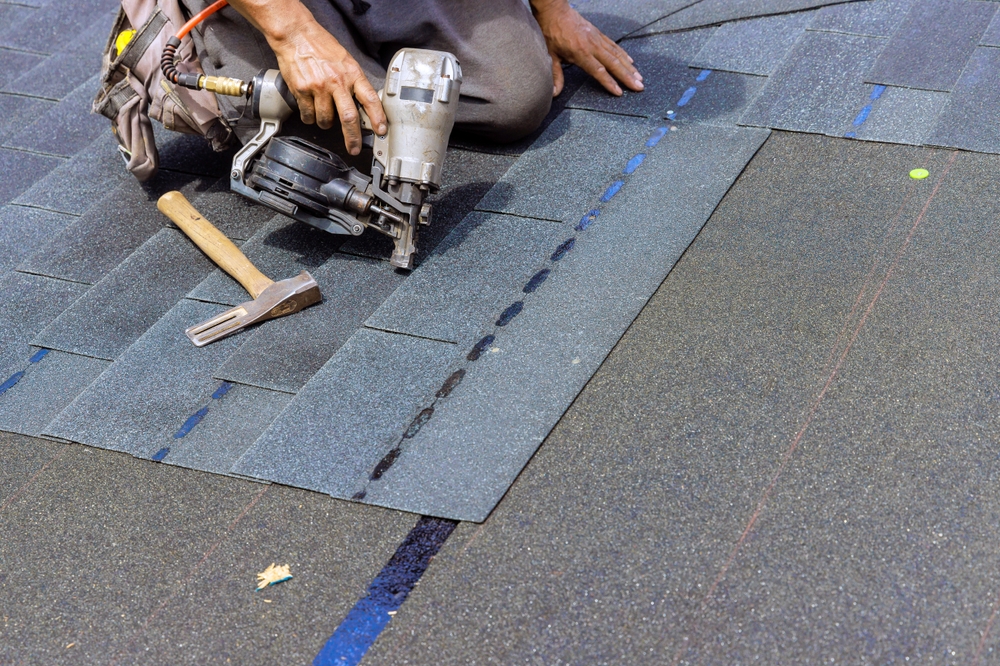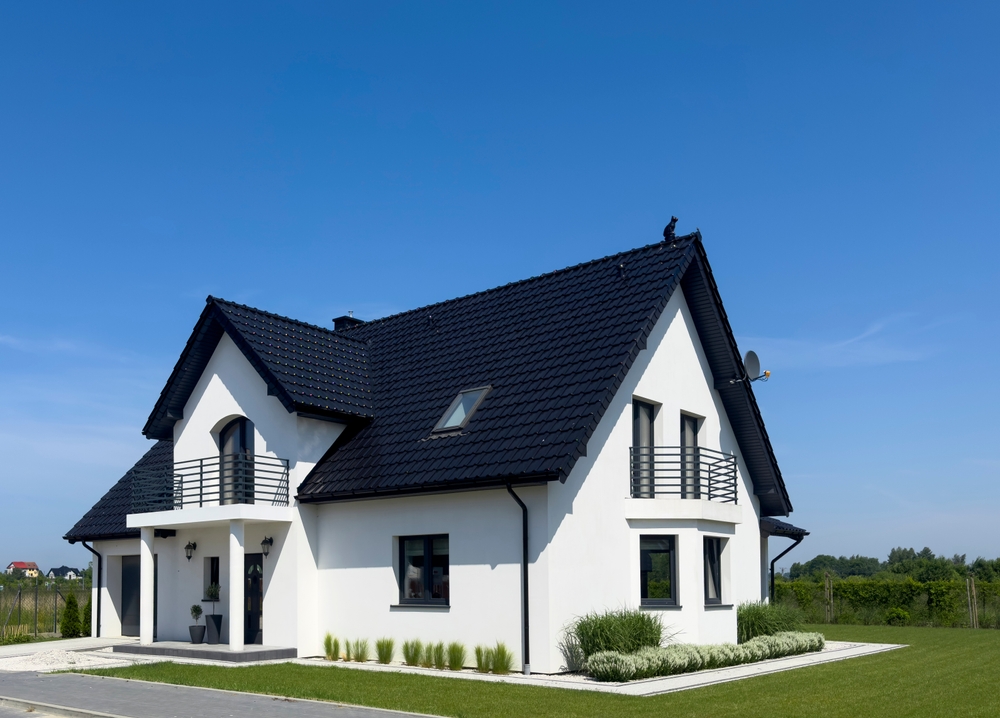Table of Contents
- Introduction to Residential Roofing in Orlando
- Understanding Orlando’s Roofing Needs
- Climate Challenges
- Common Roofing Problems in Orlando
- Popular Roofing Materials in Orlando
- Asphalt Shingles
- Metal Roofing
- Tile Roofing
- Flat Roofs
- Synthetic Roofing Materials
- Choosing the Right Roofing Material
- Hiring a Roofing Contractor in Orlando
- The Residential Roofing Installation Process
- Roof Maintenance Tips for Orlando Homes
- Signs You Need a New Roof
- The Cost of Residential Roofing in Orlando
- Sustainable Roofing Options
- FAQs About Residential Roofing in Orlando
- Conclusion
Residential roofing is one of the most critical aspects of homeownership, particularly in a city like Orlando, Florida. With its hot and humid climate, heavy rainfall, and risk of hurricanes, choosing the right roofing materials and contractor is essential to ensuring durability, energy efficiency, and aesthetic appeal.
This comprehensive guide covers everything you need to know about residential roofing in Orlando, including roofing materials, installation processes, maintenance tips, and how to select the best roofing contractor for your needs.
1. Introduction to Residential Roofing in Orlando
Orlando’s homes feature a variety of roofing styles and materials, reflecting the city’s diverse architectural influences. A well-installed roof not only protects your home from Florida’s unpredictable weather but also adds value and aesthetic appeal to your property. This guide is designed to help Orlando homeowners make informed decisions about their roofing needs.
2. Understanding Orlando’s Roofing Needs
Climate Challenges
Orlando’s subtropical climate presents several challenges for residential roofing:
- High Heat and UV Exposure: Prolonged sunlight can degrade roofing materials over time.
- Heavy Rainfall: Frequent storms can lead to leaks and water damage.
- Hurricanes and High Winds: Roofs must be able to withstand extreme winds during hurricane season.
Common Roofing Problems in Orlando
- Moisture and Mold Growth: High humidity levels can promote mold and mildew under roofing materials.
- Shingle Damage: Heat and wind can cause shingles to crack or blow off.
- Gutter Blockages: Debris from storms often clogs gutters, leading to water pooling on roofs.
3. Popular Roofing Materials in Orlando
Choosing the right roofing material is critical for Orlando homeowners. Here are the most popular options:
1. Asphalt Shingles
- Benefits: Affordable, versatile, and available in a wide range of colors.
- Drawbacks: Shorter lifespan compared to other materials (15–30 years).
- Suitability: Ideal for budget-conscious homeowners.
2. Metal Roofing
- Benefits: Durable, fire-resistant, and energy-efficient.
- Drawbacks: Higher upfront costs.
- Suitability: Excellent for long-term durability and modern aesthetics.
3. Tile Roofing
- Benefits: Highly durable, weather-resistant, and ideal for Mediterranean or Spanish-style homes.
- Drawbacks: Heavyweight and higher installation costs.
- Suitability: Great for upscale homes in Orlando.
4. Flat Roofs
- Benefits: Affordable and ideal for contemporary designs.
- Drawbacks: Requires regular maintenance to prevent water pooling.
- Suitability: Common in modern and minimalist home designs.
5. Synthetic Roofing Materials
- Benefits: Lightweight, eco-friendly, and mimics natural materials like wood or slate.
- Drawbacks: May have higher upfront costs.
- Suitability: Perfect for homeowners seeking sustainability.
4. Choosing the Right Roofing Material
When selecting roofing materials, consider the following factors:
- Durability: How well does the material withstand Orlando’s climate?
- Energy Efficiency: Does it reflect heat and reduce cooling costs?
- Aesthetics: Does the material complement your home’s design?
- Budget: Balance initial costs with long-term maintenance and lifespan.
Also Read: How to Choose the Right Roofing Contractor in Orlando?
5. Hiring a Roofing Contractor in Orlando
What to Look For
- Licensing and Insurance: Ensure the contractor is licensed by Florida’s DBPR and has adequate insurance coverage.
- Experience: Look for contractors with at least five years of experience in Orlando.
- References: Request examples of previous work or customer testimonials.
- Certifications: Manufacturer certifications (e.g., GAF, Owens Corning) indicate specialized training.
Questions to Ask
- What roofing materials do you recommend for my home?
- How long will the project take?
- What is included in your estimate?
- Do you provide a warranty for your work?
6. The Residential Roofing Installation Process
Here’s what to expect during a roofing installation:
- Initial Assessment: The contractor evaluates your existing roof and recommends materials.
- Removal of Old Roofing: Old materials are removed to prepare the surface.
- Installation of Underlayment: A moisture barrier is installed for added protection.
- Roofing Material Installation: Shingles, tiles, or other materials are carefully applied.
- Final Inspection: The contractor ensures the roof meets local building codes and standards.
7. Roof Maintenance Tips for Orlando Homes
Regular Inspections
Inspect your roof at least twice a year for signs of damage.
Clean Gutters
Remove debris from gutters to prevent water pooling.
Trim Nearby Trees
Keep branches trimmed to avoid roof damage during storms.
Check for Leaks
Address small leaks promptly to prevent structural damage.
8. Signs You Need a New Roof
- Frequent Leaks: Persistent leaks indicate structural issues.
- Sagging Rooflines: A sign of water damage or compromised integrity.
- Missing or Damaged Shingles: Extensive damage may require a full replacement.
- Age: Most roofs need replacement after 20–30 years.
9. The Cost of Residential Roofing in Orlando
Factors Influencing Costs
- Material choice (e.g., asphalt shingles vs. tile).
- Roof size and pitch.
- Labor costs and permit fees.
Average Costs
- Asphalt Shingles: $5,000–$15,000
- Metal Roofing: $10,000–$25,000
- Tile Roofing: $15,000–$50,000
10. Sustainable Roofing Options
Cool Roofs
Reflective materials reduce heat absorption and lower cooling costs.
Solar Roofs
Solar panels generate renewable energy while protecting your home.
Recycled Materials
Eco-friendly options like recycled shingles or metal contribute to sustainability.
11. FAQs About Residential Roofing in Orlando
How Long Does a Roof Last in Orlando?
- Asphalt shingles: 15–30 years
- Metal roofing: 40–70 years
- Tile roofing: 50+ years
Can My Roof Withstand a Hurricane?
Many modern roofing systems are designed to handle high winds, but ensure compliance with Florida’s building codes.
When Is the Best Time to Replace My Roof?
Spring and fall offer mild weather, ideal for roofing projects.
12. Conclusion
Residential roofing in Orlando requires careful consideration of materials, contractors, and maintenance to ensure your home is protected against the city’s unique climate challenges. By staying informed and working with experienced professionals, you can select the best roofing solution for your home, enhancing both its durability and aesthetic appeal.
Whether you’re building a new home, replacing an aging roof, or upgrading to energy-efficient materials, this guide provides all the information you need to make confident decisions about residential roofing in Orlando.



